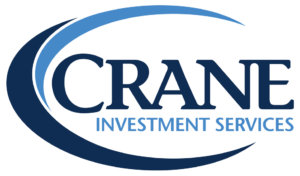In today’s digital age, the convenience of public Wi-Fi is undeniable. Whether you’re at a coffee shop, airport, or hotel, accessing the internet on the go has become second nature. However, this convenience comes with significant risks, especially when it involves your financial information.
How Hackers Exploit Public Wi-Fi
- Man-in-the-Middle (MitM) Attacks: Cybercriminals can intercept data transmitted between your device and the internet. This means that sensitive information, like banking credentials, can be captured without your knowledge.
- Fake Wi-Fi Hotspots (Evil Twins): Hackers may set up rogue Wi-Fi networks that mimic legitimate ones. Once connected, they can monitor your activity or redirect you to fraudulent websites designed to steal your information.
- Packet Sniffing: On unsecured networks, attackers can use tools to eavesdrop on data packets, potentially capturing login details and other sensitive information.
- Malware Distribution: Public Wi-Fi can be a conduit for malware. Once your device is infected, hackers can gain access to your personal data, including banking information.
Protecting Your Financial Information
To safeguard your banking details while using public Wi-Fi:
- Avoid Accessing Sensitive Information: Refrain from logging into banking or financial accounts on public networks.
- Use a Virtual Private Network (VPN): A VPN encrypts your internet connection, making it harder for hackers to intercept your data.
- Verify Network Authenticity: Ensure you’re connecting to legitimate Wi-Fi networks. When in doubt, ask staff for the correct network name.
- Enable Two-Factor Authentication (2FA): Adding an extra layer of security can prevent unauthorized access even if your credentials are compromised.
- Keep Your Software Updated: Regular updates patch security vulnerabilities that hackers might exploit.
Stay Vigilant
While public Wi-Fi offers convenience, it’s essential to be aware of the associated risks. By taking proactive measures, you can enjoy the benefits of connectivity without compromising your financial security.








